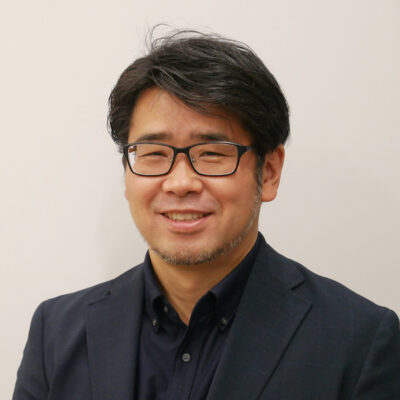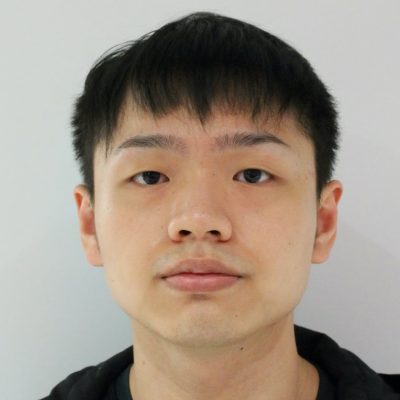Testis Development and Male Germ Cell Biology
Overview
The Testis Development and Male Germ Cell Biology research group investigates the fundamental mechanisms that underpin mammalian testis development. Our aim is to identify what molecular switches are needed to produce healthy sperm from their precursors, primitive germ cells that first form in the fetus. Such knowledge is essential to understand why fertility is compromised in around 10 per cent of Australian couples and why the incidence of testicular germ cell tumours, the most common solid tumour in young men, continues to increase.
We study germ cells during their initial development in the fetus, and follow their progressive maturation in infants, juveniles and as they form sperm in adults. This growth requires correct signalling from the surrounding cells that are required to nourish them and deliver appropriate maturation cues. We are learning how growth factors such as activin A, Wnts and Hedgehog contribute to the conversation taking place between sperm precursor cells and the many other cell types in the testis that create the correct environment for healthy sperm formation in adults. Our research has identified important roles for the proteins that transport signals from the cell surface, at the start of the ‘cellular conversation’, into the nucleus, where changes in the receiving cell’s DNA drive their development.
By identifying the critical molecular signals that allow for normal spermatogenesis, we are building an understanding of when and how impairment to this communication may allow germ cell tumours to form or to prevent formation of adequate numbers of sperm for natural conception.
An important strength of our research is strong links with clinical colleagues, including through the International Research Training Group (IRTG) in which PhD students are jointly trained at Monash University and Justus-Liebig University (Giessen, Germany) in the Molecular Pathogenesis of Male Reproduction.
Diseases we research
Areas of focus
- Activin actions in the developing testis, with projects focussing on steroid production, immune cell functions, gonocyte and spermatogonial development, and its interactions with endocrine disruptor chemicals.
- How the nucleocytoplasmic transport proteins, termed importins, determine transcriptional responses to growth factor signals, particularly those in the TGFbeta superfamily.
Research Group Head | Professor Kate Loveland
Infertility affects one in six Australian couples. My research aims is to identify the molecular switches needed to produce healthy sperm and why the incidence of testicular germ cell tumours, the most common solid tumour in young men, continues to increase.

Meet the team

 Dr Sarah Meachem
Research Scientist
Dr Sarah Meachem
Research Scientist
 Dr Liza O’Donnell
Research Scientist
Dr Liza O’Donnell
Research Scientist
 Dr Sarah Moody
Postdoctoral Scientist
Dr Sarah Moody
Postdoctoral Scientist
 Dr Penny Whiley
Postdoctoral Scientist
Dr Penny Whiley
Postdoctoral Scientist
 Dr Jennifer Hutchison
Honorary Research Associate
Dr Jennifer Hutchison
Honorary Research Associate
 Michael Luu
Honorary Research Associate
Michael Luu
Honorary Research Associate
 Dr Yoichi Miyamoto
Honorary Research Associate
Dr Yoichi Miyamoto
Honorary Research Associate
 Benedict Nathaniel
Research Support Staff
Benedict Nathaniel
Research Support Staff
 Junlan (Iris) Ma
PhD Student
Junlan (Iris) Ma
PhD Student
News from the lab
Student opportunities

Publication highlights


